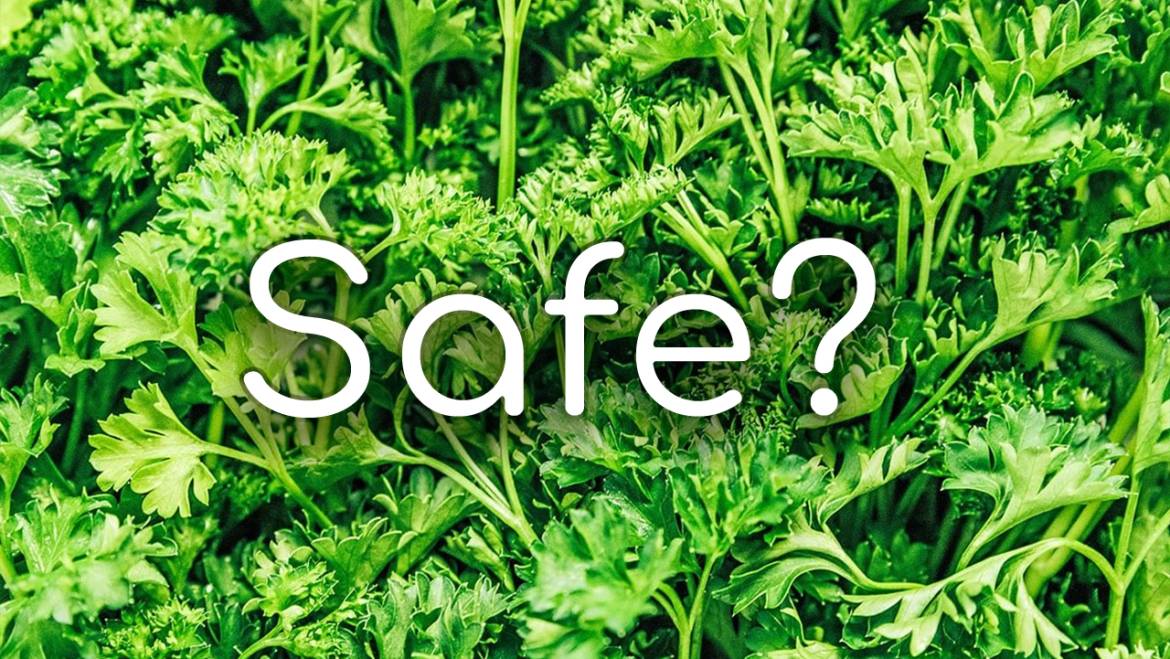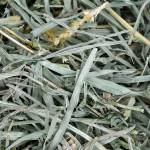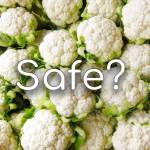Parsley is a commonly used herb in human diets, but what about chinchillas? Chinchillas are herbivorous animals, which means that they primarily eat plants. They require a diet that is high in fiber and low in fat and sugar to maintain their health. In this article, we will explore the question of whether chinchillas can eat parsley and provide you with all the information you need to know about feeding parsley to your chinchilla.
Is Parsley Safe for Chinchillas to Eat?
The short answer is yes, chinchillas can eat parsley, but it should be given in moderation. Parsley is a good source of vitamin C, vitamin K, and fiber, all of which are essential for the health of your chinchilla. However, parsley is also high in oxalates, which can cause health problems if consumed in large quantities.
The oxalates in parsley can contribute to the formation of kidney stones in chinchillas. Therefore, it is important to limit the amount of parsley that you give to your chinchilla to prevent this from happening. A small sprig of parsley once or twice a week should be enough to provide your chinchilla with the benefits of this herb.
Benefits of Feeding Parsley to Your Chinchilla
Parsley is a nutritious herb that can provide several health benefits to your chinchilla. Here are some of the benefits of feeding parsley to your chinchilla:
- Rich in Vitamin C: Parsley is a good source of vitamin C, which is essential for the immune system and the overall health of your chinchilla. Vitamin C helps your chinchilla’s body to produce collagen, which is necessary for healthy skin, bones, and connective tissue.
- Good Source of Fiber: Parsley is also a good source of fiber, which is important for maintaining a healthy digestive system in chinchillas. Fiber helps to regulate bowel movements and prevent constipation.
- High in Vitamin K: Parsley is high in vitamin K, which plays a role in blood clotting and bone health. Vitamin K deficiency can lead to bleeding disorders and weak bones.
- Contains Antioxidants: Parsley contains antioxidants that can help to protect your chinchilla’s cells from damage caused by free radicals. Free radicals can cause oxidative stress, which can lead to cell damage and inflammation.
How to Feed Parsley to Your Chinchilla
If you decide to feed parsley to your chinchilla, it is important to do it in the right way to ensure that your chinchilla gets the maximum benefit from it. Here are some tips on how to feed parsley to your chinchilla:
- Wash the Parsley: Before giving parsley to your chinchilla, make sure to wash it thoroughly to remove any dirt or chemicals that may be on it.
- Remove the Stems: Chinchillas have sensitive digestive systems, and the stems of parsley can be tough to digest. Therefore, it is best to remove the stems before giving parsley to your chinchilla.
- Chop the Leaves: Chinchillas have small mouths, so it is important to chop the parsley leaves into small pieces to make it easier for them to eat.
- Offer in Moderation: As mentioned earlier, parsley should be given to your chinchilla in moderation. A small sprig of parsley once or twice a week should be enough to provide your chinchilla with the benefits of this herb.
- Don’t Offer Too Much at Once: It is important not to give too much parsley to your chinchilla at once, as this can cause digestive upset. Start with a small amount and gradually increase the amount over time if your chinchilla tolerates it well.
- Rotate with Other Greens: While parsley is a nutritious herb, it should not be the only green that you feed to your chinchilla. It is important to offer a variety of greens to ensure that your chinchilla gets a well-balanced diet. Some other greens that you can offer to your chinchilla include kale, collard greens, and cilantro.
Foods to Avoid Feeding Your Chinchilla
While parsley is safe for chinchillas to eat, there are some foods that you should avoid feeding your chinchilla. Here are some of the foods that can be harmful to your chinchilla:
- Sugary Foods: Chinchillas have a sensitive digestive system, and foods that are high in sugar can cause digestive upset and lead to obesity. Avoid feeding your chinchilla sugary foods such as candy, cookies, and soda.
- Fatty Foods: Chinchillas are prone to obesity, and foods that are high in fat can contribute to this problem. Avoid feeding your chinchilla fatty foods such as cheese and nuts.
- Foods High in Calcium: While calcium is important for bone health, chinchillas are prone to developing kidney stones, which can be caused by excess calcium in the diet. Avoid feeding your chinchilla foods that are high in calcium, such as alfalfa hay.
- Human Junk Food: Human junk food is not appropriate for chinchillas and can cause health problems. Avoid feeding your chinchilla foods such as chips, pizza, and burgers.
In conclusion, chinchillas can eat parsley, but it should be given in moderation. Parsley is a nutritious herb that can provide several health benefits to your chinchilla, including being a good source of vitamin C, fiber, and vitamin K. However, it is important to wash the parsley, remove the stems, and chop the leaves into small pieces before offering it to your chinchilla. Additionally, it is important to offer a variety of greens to ensure that your chinchilla gets a well-balanced diet. Remember to avoid feeding your chinchilla sugary foods, fatty foods, foods high in calcium, and human junk food. By following these guidelines, you can provide your chinchilla with a healthy and well-balanced diet.







